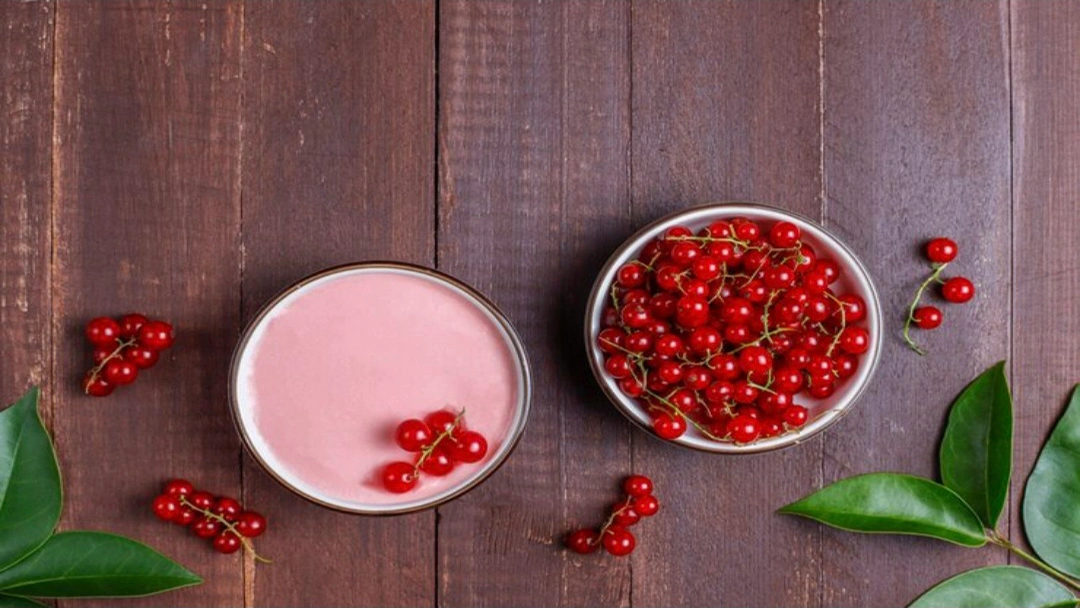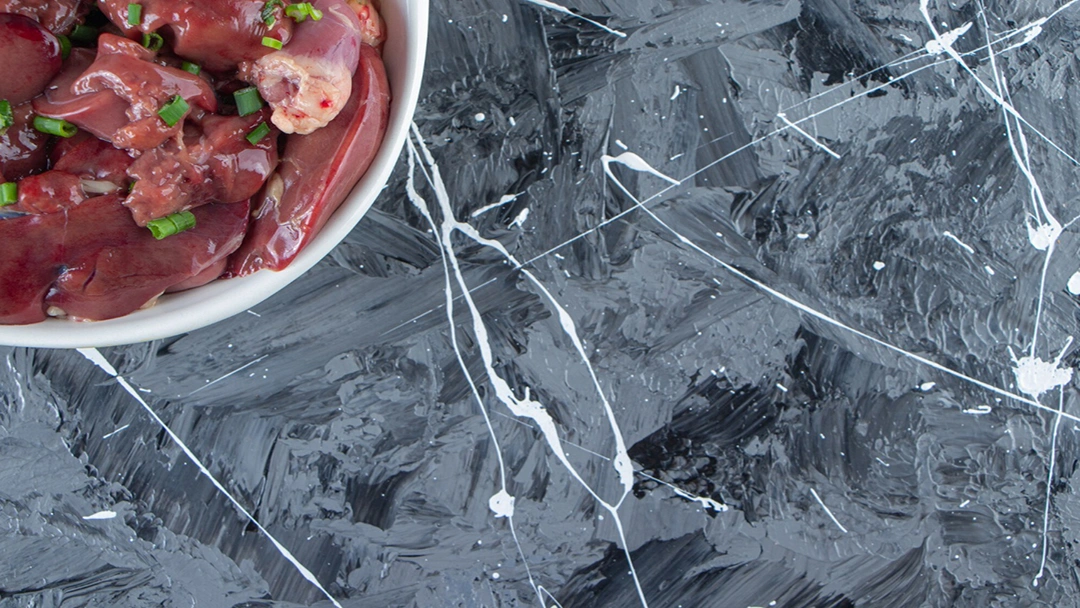What Is Tallow?
Tallow is a type of fat that comes from around the organs of cows, mainly their kidneys and loins. The raw fat, known as suet, is coarse and grainy. To make tallow, they slowly melt suet and strain out the rough bits, leaving a smooth, solid product.
Tallow remains solid at room temperature and can be stored in the fridge for 12-18 months or up to two years in the freezer. It’s not only used for cooking but is also popular for making candles, soaps, and skincare products.
Here’s a table showing the nutritional composition of tallow [5]:
Tallow is a versatile ingredient used in cooking and skincare products. Its moisturizing properties make it especially helpful for managing eczema.
Learn More: 8 Best Beef Tallow Brands for the Carnivore Diet
How Does Tallow Help with Eczema?
Does tallow cure eczema? No, as there is no certain cure for eczema, but tallow relieves eczema symptoms, repairs the damaged skin barrier, and protects the skin without exposing it to the harsh ingredients in most commercial products. Here are some of the effects of tallow for eczema:
- Moisturizing Effects
- Balancing Fatty Acid Levels
- Repairing Skin Barrier
- Being Gentle on Your Skin
- Providing Nutrients and Absorption
[cta-shop-products]
Tallow Can Moisturize Your Skin
Tallow is a natural source of fat that can soothe skin irritation, repair the damaged skin barrier, and protect your skin without exposing it to the harsh chemicals of commercial products.
It’s one of the best natural moisturizers because it helps keep the skin hydrated, reduces itchiness, and allows the body to heal [6].
Tallow's texture prevents it from easily rubbing off and forming a protective layer that locks in moisture and shields the skin from pollutants.
Also, tallow is rich in stearic acid, which helps prevent water loss and protect the skin. Its molecular structure is similar to that of human sebum, the natural oils in our skin, making tallow more absorbable and effective than many commercial skincare products [7].
Tallow Can Balance Your Skin’s Fatty Acid Levels
Tallow helps relieve dry and flaky skin by restoring balance to the skin’s fatty acid levels. People with eczema often consume too many unsaturated fats and not enough saturated fats, which causes redness, irritation, and dryness.
Tallow is high in saturated fats, such as stearic and palmitic acids, which can help restore this balance [8].
Tallow Can Repair the Skin Barrier
The skin barrier, or epidermis, is the first line of defense against pollutants and allergens. Eczema weakens this barrier and makes the skin more vulnerable to irritants.
Tallow helps repair the skin barrier by forming a protective layer over dry and damaged areas. It allows the skin to heal and renew its natural defenses [9].
Tallow Is Gentle on Your Skin
Tallow is gentle on the skin, unlike many commercial eczema treatments that contain unnatural ingredients like chemicals and preservatives.
Some commercial eczema products, like lotion, are formulated as an emulsion of water and oil to promote fast absorption. However, because water and oil won't stay together naturally, these products must include preservatives to stabilize the emulsion.
Many people find that these artificial ingredients can worsen their symptoms. In contrast, tallow balm is completely natural, chemical-free, and less likely to cause adverse reactions.
Tallow Is Nutrient-Rich and Absorbable
Tallow balm is packed with essential vitamins and fatty acids that nourish the skin. It contains vitamins D, E, A, B1, and K2, which help protect against premature aging and support healthy skin cell function [10].
The fatty acids in tallow, such as stearic, palmitic, and oleic acids, form a protective barrier that helps the skin retain moisture [11].
Unlike many other chemical products, tallow balm is highly absorbable on the skin’s surface, which helps these nutrients nourish and repair the skin effectively.
Despite its benefits, tallow might not be suitable for everyone, as it can cause side effects in sensitive individuals.
Learn More: Lard vs. Tallow: How To Use These Fat Sources?
[cta-shop-products]
Potential Side Effects of Using Tallow for Eczema
While tallow can be beneficial for managing eczema, it's important to be aware of these potential side effects:
- Allergic Reactions: Some people might be allergic to tallow, which can lead to redness, itching, or swelling on the skin. To avoid this, try a small patch test on a small area of your skin before using tallow widely. It helps check if you have any allergic reactions to it.
- Skin Sensitivity: If you have very sensitive skin, tallow might irritate it and make it feel uncomfortable or inflamed. It’s important to monitor how your skin reacts when you first use tallow. If you notice any irritation, stop using it right away.
- Acne: Though it doesn’t happen often, tallow’s high fat content can sometimes clog pores, which might lead to acne or breakouts in some people. If you start seeing pimples or bumps, it’s better to stop using tallow and consider other options.
Based on these benefits and side effects, is it worth using tallow over other treatments?
Learn More: Suet vs. Tallow: How Do These Dietary Fat Resources Differ?






























